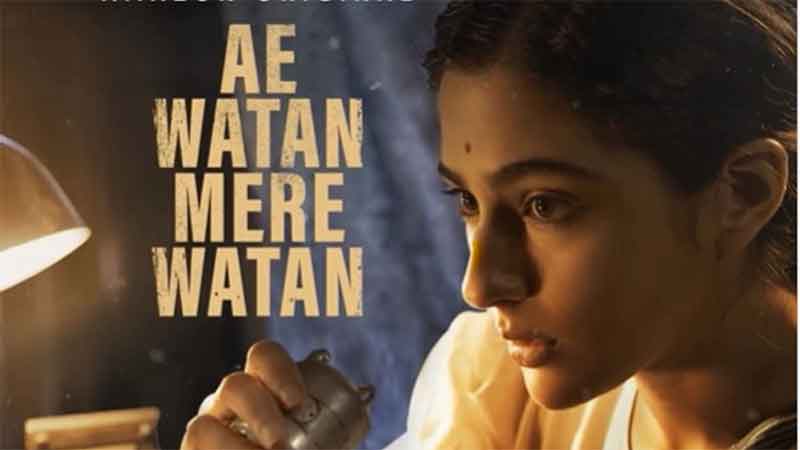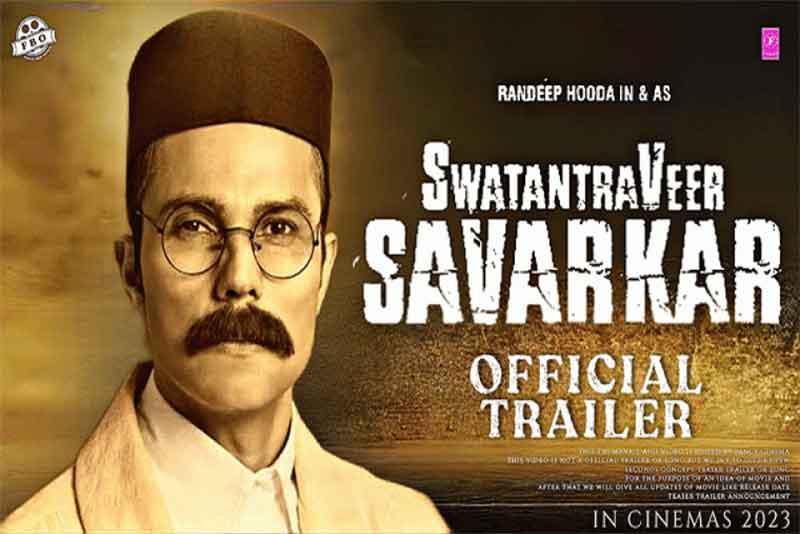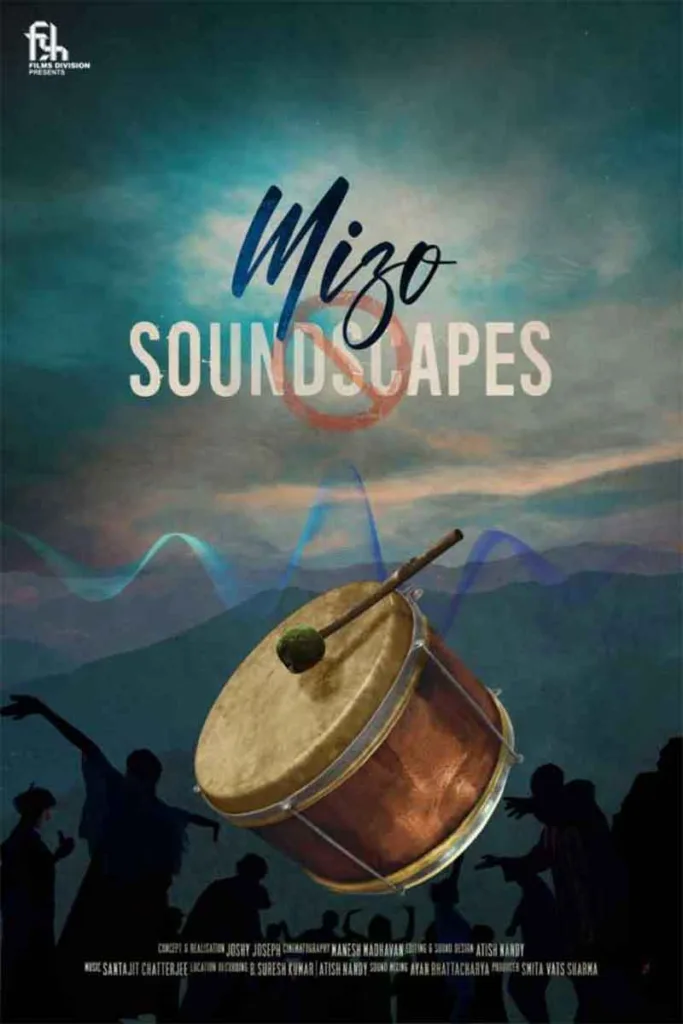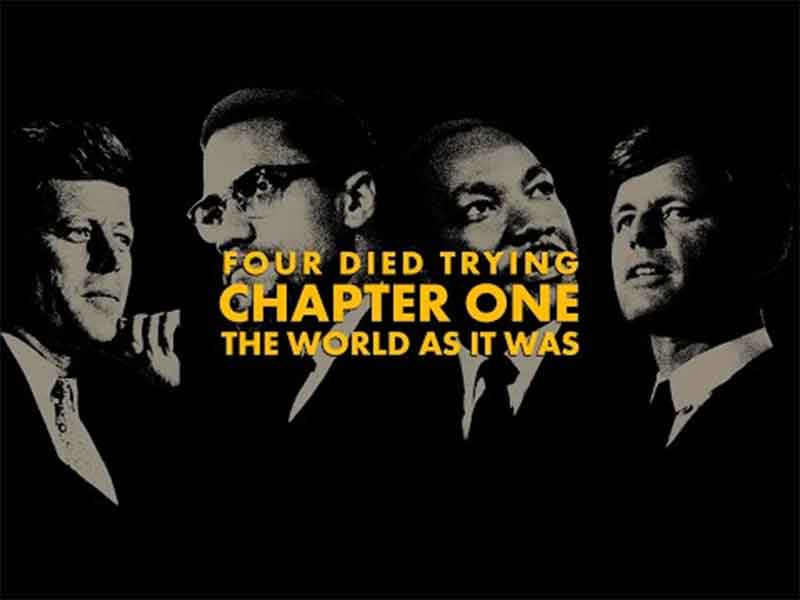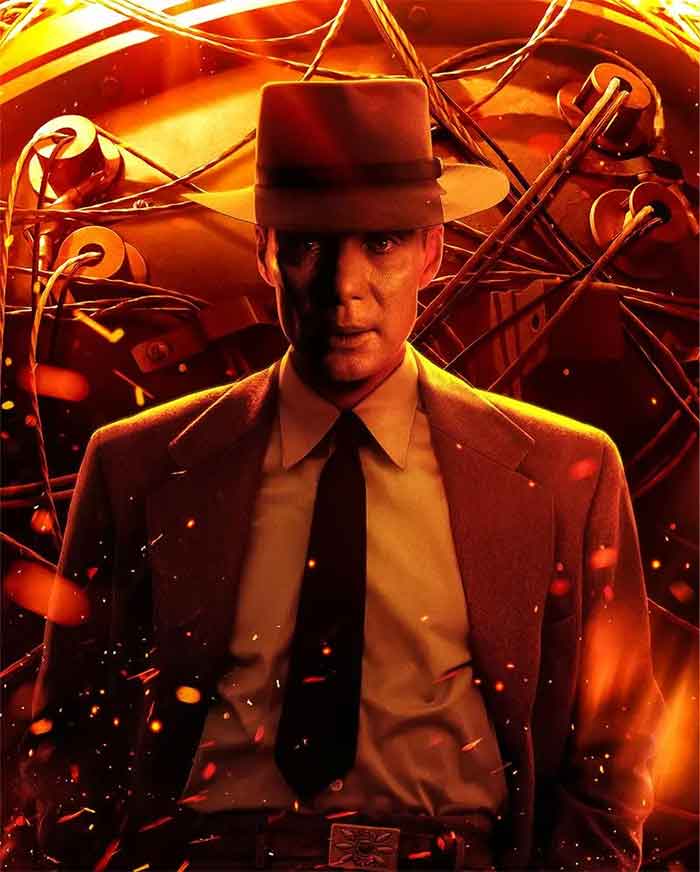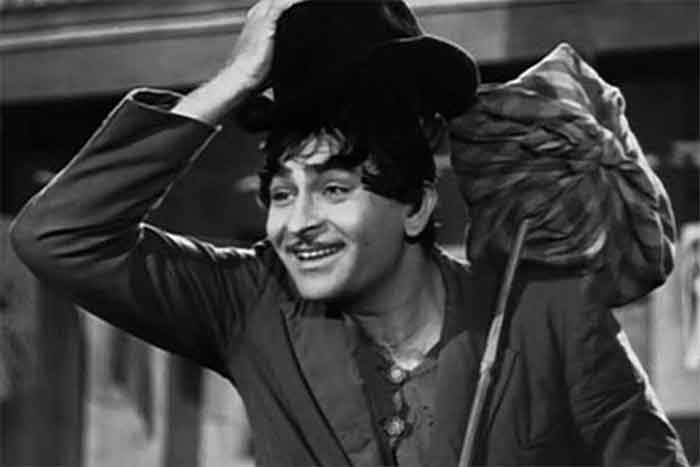
Raj Kapoor is often called the greatest showman of Hindi cinema. This is of course meant to be a tribute, but this doesn’t quite do complete justice to the many-sided contributions of this great film-maker of exceptional talents.
A very interesting aspect and important aspect of Hindi cinema is how within the constraints of commercialism, several film-makers could reach out successfully to vast audiences with messages of social concern and it is in this context that Raj Kapoor has an even more enduring role.
Another context in which some Hindi film-makers like Raj Kapoor deserve wider attention is in the context of encouraging talent in diverse aspects . He had an eye for recognizing exceptional talent when he saw it and this led to his film unit becoming a hub for very talented young persons who went on to make great contributions. He not only attracted young talent but also nurtured it in early days, providing protection and encouragement for the flower of exceptional talent to bloom and spread its fragrance far and wide. In this context perhaps the most valuable contribution of Raj Kapoor to Hindi cinema ( and in fact I would even say to Hindi literature) is to have brought the young poet Shailendra to Hindi cinema and then to have nurtured and encouraged him to a point where he had the stability and the confidence to make his wider and stable contribution both inside and outside the Raj Kapoor unit.
To create a hub of exceptional talent, to provide conditions of stability and continuity and companionship and of motivation for giving one’s best to certain films created in this companionship, it was important to create a film entity of one’s own, and Raj Kapoor (1924-88) achieved this at a very young age of just 24 years in 1948 by establishing the famous RK films. It is said that he was mortgaging his car and borrowing from here and there, even his servant, to make his first RK film Aag ( a film of sensitivity and social concerns which was difficult to market). These earlier days of struggle and hard work ( despite the fact that he was the eldest son of the great Prithvi Raj Kapoor, such a established film personality) should not be forgotten by those who remember him only as a showman.
Things changed soon , however , and Raj Kappor was soon making films like Barsaat and Awara which were commercial blockbusters. The success of Awara spilled over to many other countries ( particularly the Soviet Union) which still hum the Awara hun song. Another film Aah of these days revealed rare sensitivity in depicting the hero as a TB patient. These early films bring out the essentials of RK– an exceptional talent of reaching out to big audiences even with serious themes in interesting ways, with great music and filming of songs playing a very important role. All these initial four films had great music and songs, songs which are still popular after seven decades.
However the greatest period of creativity was still to come from 1954 to 1960. This includes three films which will always be remembered when Hindi films of great social relevance are discussed. These three films are Shri 420, Jis Desh Mein Ganga Behti Hai and Jagte Raho. The first two are superb example of taking social messages to a very wide audience. Both films were super hits. The third film Jagte Raho was not such a smash hit , yet remains a very important contribution in this context . In addition there were two important films on children, Boot Polish ( a major achievement) and Ab Delhi Door Nahin. While mentioning these films in the context of Raj Kapoor we should not forget that some of the most brilliant ones, like Jis Desh and Jagte Raho, were directed by others ( not by Raj Kapoor).
At the same time we should not forget the films outside the RK banner in which Raj made great contributions as an actor. Here also some of the great contributions were in and around the same exceptionally creative period. Raj Kapoor’s roles in films like Anari, Phir Subah Hogi, Chore-Chori nd Sharda are well-remembered even today.
By 1960 , at the age of 36, Raj Kappor was a world famous film actor, director and producer. However after this , in my humble opinion , his creativity dried up considerably and he returned to films of social concerns only towards the last decade of his life in the 1980s.
Of course he continued to be in limelight and the RK film Sangam was one of the greatest hits of all times in 1964. Due to his talented team of Mukesh and Lata as playback singers, Shailendra and Hasrat Jaipur as lyricists, Shankar Jaikishan as composers this film too had great songs, but its story of love triangle was the most unremarkable for a RK film. Then came his most ambitious and longest in making film Mera Naam Joker, three films rolled into one. This film has patches of sheer brilliance combined with patches of poor film-making, and could have been made differently. RK experienced its first great box-office disaster with this film, throwing Raj into debt. He cleared his debts and took commercial success to great heights with Bobby(1973). Some other unremarkable films followed. However in the 1980s he again returned to social concerns with an important film Premrog and to a lesser extent Ram Teri Ganga Maili. He would have ended his great career with a truly great film Henna but this was not to be and he died in the early stage of this important film ( this was completed by his sons, to their great credit).
Bharat Dogra is a journalist and author. His recent books include Man Over Machine and Ummeed Mat Jhorna ( Hindi poems and songs).
GET COUNTERCURRENTS DAILY NEWSLETTER STRAIGHT TO YOUR INBOX

